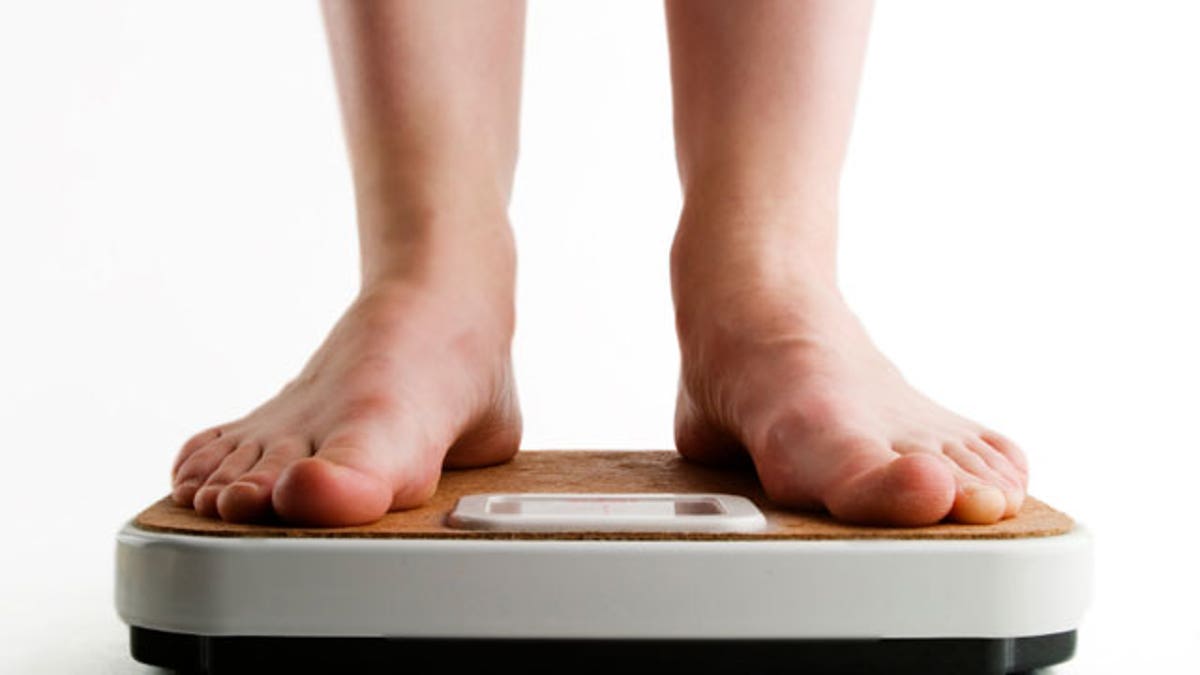
Getting on the scale every day may boost enthusiasm for healthy behaviors and lead to greater weight loss, according to a new U.S. study.
Obese and overweight people who weighed themselves daily lost more weight than those who weighed-in less often, likely because the daily weighers made better food and exercise choices, researchers say.
“It might be that daily weighing triggers an understanding of what people were eating and how it was affecting their weight,” said lead author Dori Steinberg, a nutritionist and researcher with the Duke Global Health Institute at Duke University in Durham, North Carolina. “So they’re more likely to reduce portions, eat enough vegetables or use a pedometer.”
Past research suggests that self-monitoring, such as tracking steps or food intake, helps people adjust their behavior to stay in line with their goals, Steinberg’s team wrote February 12 online in the Journal of the Academy of Nutrition and Dietetics.
Some studies have also indicated that dieters who weigh themselves daily fare better than those who weigh-in less often, although it’s not clear why, the authors write.
“Since keeping track of your diet can be hard, we discouraged participants from tracking diet in this study,” said Steinberg. “Instead we asked them to focus on just weighing daily to monitor progress as a way of determining whether their diet and exercise habits were working.”
The researchers recruited 91 people between 18 and 60 years old with no major medical conditions, weights in the overweight to obese range and internet access. About half were randomly assigned to the intervention group, and the other half were assigned to go through the intervention later.
At the start of the study and again six months later, all participants filled out questionnaires about their diets, exercise and other health-related behaviors. Both groups were given “e-scales” with wireless internet connections, which delivered data to a website that displayed progress over time. People in the intervention group were also instructed to weigh themselves every day.
During the study, the intervention group participants received weekly email messages that included weight loss tips and strategies, while the comparison group received nothing.
At six months, researchers found that daily weighers lost 13 to 14 pounds (about 6 kilograms) while those who weighed themselves five days or fewer each week lost about 7 lbs (about 3 kg).
The daily weighers also adopted more weight-control behaviors, such as reducing between-meal snacks and cutting the number of meals eaten out at restaurants, increasing exercise and reducing television-watching time. Daily weighers adopted an average of 17 positive behaviors versus seven adopted by those who weighed themselves less often.
“Since everyone in this group was supposed to weigh themselves daily, it’s possible that those that did were just more motivated in general,” said Dr. Kristine Madsen, a specialist in pediatric obesity at the University of California, Berkeley School of Public Health.
“So we don’t know that daily weighing actually caused any of the healthier behaviors," said Madsen, who was not involved in the study.
The authors also acknowledge that the study was small and doesn’t prove daily weighing caused behavior changes that led to weight loss. And since they did not randomly assign people to weigh themselves daily or less frequently, they don’t know if daily weighing is a reflection of greater engagement in weight loss efforts rather than a cause of it.
Madsen does think that daily weighing is a good way to monitor your progress.
Steinberg said it’s a useful tool, like writing down what you eat every day. “Weighing daily is easier and people are more likely to stick with it over time,” she noted.
